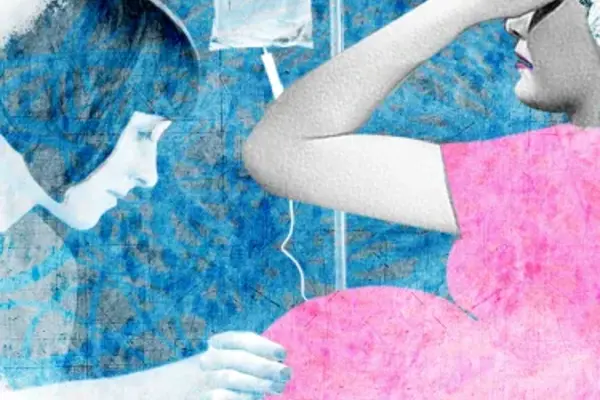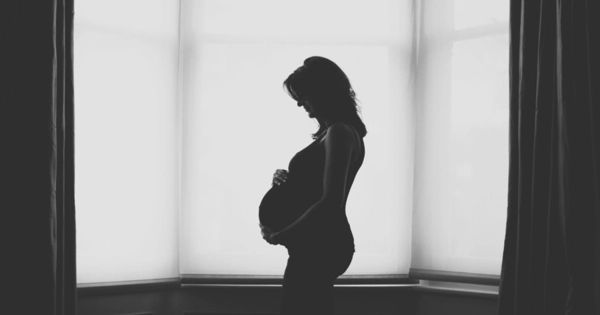Pregnancy is a unique and intense experience that can vary greatly from person to person. While some people may welcome and love the physical changes that come with pregnancy, others may struggle to adjust to the changes in their body image. A recent study has shown wide variances in how pregnancy affects women’s impressions of their own bodies, including negative body image issues.
Negative body image during pregnancy is proven to have major negative impacts on both the mother and the baby. Overall, pregnant women’s levels of body image dissatisfaction were found to be similar to the overall female population, but the study identified huge disparities – both positive and negative – on an individual basis.
The study, which was headed by scientists from Anglia Ruskin University (ARU) and the University of York, is regarded to be the first meta-analysis comparing the two groups of women. It was published in the journal BMC Pregnancy and Childbirth.
Because of the impact that body dissatisfaction can have on the expectant mother and fetus, it is critical to understand how body image dissatisfaction may change on an individual basis when women are pregnant.
Anna Crossland
The researchers first analyzed 2,017 independent academic studies before narrowing their emphasis to 17 studies that yielded comparable findings. The study received 5,200 replies from pregnant women and 4,172 responses from women who were not pregnant.
The current study discovered that women’s body image dissatisfaction during pregnancy was not statistically different from when they were not pregnant by combining results from multiple studies. However, when looking at the individual studies that comprised the meta-analysis, there are considerable differences on an individual level.
The researchers believe that body image dissatisfaction during pregnancy is caused by a complicated combination of elements relating to each woman’s experiences, some favorable and some negative.
For some women, body image satisfaction will worsen during pregnancy because of “feeling fat,” while others describe feeling that their body is out of their control because they are aware their body will change but cannot stop it. Unrealistic portrayals of pregnant women in the media, often edited to remove uneven skin tone and stretch marks, are also believed to contribute to body image dissatisfaction.

However other pregnant women report having improved body positivity compared to when not pregnant, as they no longer compare their body to the “thin ideal” body type. Some say the improvement is because they place less attention on how their body looks and more on its functionality, focusing on the fetus’ health and their maternal role.
Understanding the reasons of body image dissatisfaction in pregnant women is critical since it can have major consequences for both mother and baby’s mental and physical health. Many women who experience body image dissatisfaction during pregnancy also experience postnatal sadness and anxiety. This can have a negative impact on the child’s emotional, cognitive, and behavioral results, as well as poor quality mother-infant connections.
Furthermore, unhappiness with one’s body image has been related to physical sickness, since the expectant woman may engage in practices such as improper eating, dieting, purging, and fasting. This can have unfavorable consequences for the fetus, such as low birth weight and early birth.
“Because of the impact that body dissatisfaction can have on the expectant mother and fetus, it is critical to understand how body image dissatisfaction may change on an individual basis when women are pregnant,” said lead author Anna Crossland of the University of York. Our study discovered that there is no uniform experience during pregnancy, therefore we should not make assumptions about how people feel. Some individuals still feel pressured about their appearance throughout pregnancy, and it is far more useful to ask how someone is rather than comment on their appearance.”
“Our previous work found that women who didn’t feel good about their changing bodies in pregnancy reported lower feelings of bonding with their unborn baby,” said co-author Dr Elizabeth Kirk, Senior Lecturer in Psychology at Anglia Ruskin University. As a result, it is critical that we better understand and support women’s body image during pregnancy in order to aid women individually.”
















